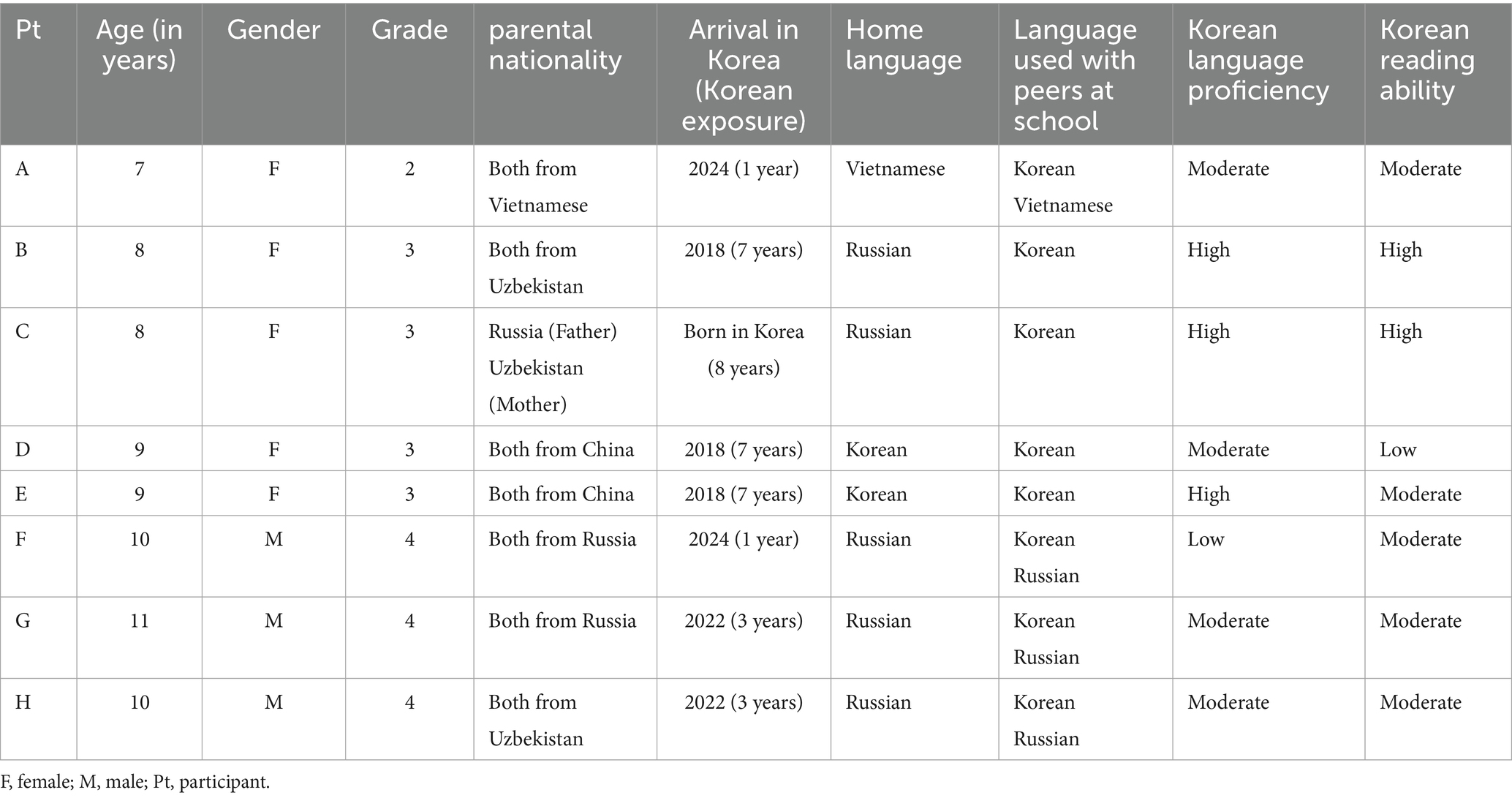Report on Digital Policy Frameworks and Sustainable Development Goal Alignment
H3>Foundational Principles of Digital Governance and User Consent
An analysis of digital interaction frameworks, specifically concerning user consent mechanisms, reveals a direct correlation with principles of transparent and accountable governance. The standard user agreement process is built on several key pillars:
- Use of Cookies: Data collection mechanisms essential for digital infrastructure, directly impacting SDG 9 (Industry, Innovation, and Infrastructure) by enabling technological advancement.
- Revised Privacy Policy: A commitment to data protection and user rights, which is fundamental to building trust and achieving SDG 16 (Peace, Justice, and Strong Institutions).
- Terms of Use: The contractual basis for digital engagement, establishing rules that can promote equitable access and contribute to SDG 10 (Reduced Inequalities).
- User Agreement (“I agree”): The act of informed consent, which empowers the individual and is a cornerstone of human-centric development approaches across all SDGs.
H3>Empowerment through Digital Policy: A Focus on SDG 5
Equal opportunities in the digital sphere are a critical pillar for female empowerment, directly addressing SDG 5 (Gender Equality). The ability for a user to manage their digital footprint (“change your cookie settings”) is a microcosm of the broader agency required for empowerment. A strategic approach includes:
- Ensuring Digital Literacy: Providing women and girls with the education needed to understand and navigate digital terms and privacy policies, aligning with SDG 4 (Quality Education) and SDG 5.
- Protecting Vulnerable Users: Implementing robust privacy policies that protect against data exploitation and online harm, a key target under SDG 5.2 to eliminate violence against women.
- Promoting Economic Inclusion: Secure and transparent digital platforms enable female entrepreneurship and access to markets, contributing to SDG 8 (Decent Work and Economic Growth).
- Fostering Participation: Guaranteeing that women have an equal voice in the governance of digital spaces, from community forums to national policy, in line with SDG 16.7.
H3>Broader Implications for the 2030 Agenda
The principles embedded in digital consent and privacy policies have far-reaching implications for the broader Sustainable Development Agenda.
- SDG 10 (Reduced Inequalities): Equitable terms of use and transparent data policies are essential to prevent the digital divide from exacerbating existing inequalities.
- SDG 16 (Peace, Justice, and Strong Institutions): The requirement for explicit user agreement reinforces the rule of law and promotes accountable institutions in the digital realm.
- SDG 9 (Industry, Innovation, and Infrastructure): A trusted digital environment, built on clear privacy rules, fosters the innovation and investment necessary for sustainable infrastructure development.
SDGs Addressed in the Article
-
SDG 16: Peace, Justice and Strong Institutions
The article’s content, which consists of a notice regarding cookie usage, a Privacy Policy, and Terms of Use, is directly related to the principles of ensuring public access to information and protecting fundamental freedoms. These are core tenets of SDG 16, which aims to build effective, accountable, and inclusive institutions at all levels. The notice is a mechanism for transparency and accountability between the website operator (an institution) and the public (its users).
Specific SDG Targets Identified
-
Target 16.10: Ensure public access to information and protect fundamental freedoms, in accordance with national legislation and international agreements.
The article’s text is a direct implementation of this target. By presenting a notice that links to a “revised Privacy Policy and Terms of Use,” the website is providing public access to information about how it operates and handles user data. Furthermore, by asking for user agreement (“I agree”) and mentioning the ability to “change your cookie settings,” it addresses the protection of fundamental freedoms, specifically the right to privacy and control over one’s personal data online.
Indicators for Measuring Progress
-
Implied Indicator related to 16.10.2: Number of countries that adopt and implement constitutional, statutory and/or policy guarantees for public access to information.
The article does not explicitly mention an indicator. However, the very existence of the cookie consent banner and privacy policy notice implies the implementation of such policies. These website features are typically mandated by national or international legislation (such as the GDPR in Europe) designed to guarantee public access to information and protect data privacy. Therefore, the notice itself serves as an example of a policy in action, which is what this indicator aims to measure at a broader level.
Summary Table: SDGs, Targets, and Indicators
| SDGs | Targets | Indicators |
|---|---|---|
| SDG 16: Peace, Justice and Strong Institutions | 16.10: Ensure public access to information and protect fundamental freedoms, in accordance with national legislation and international agreements. | Implied: The article’s content (a cookie and privacy notice) is a direct result of policies related to Indicator 16.10.2, which tracks the implementation of guarantees for public access to information. |
Source: news.cgtn.com







